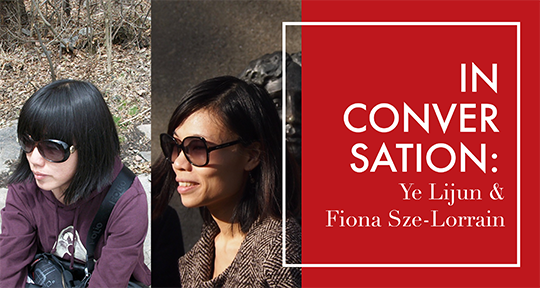This week, put on your walking shoes so we can follow Vivian Szu-Chin Chih, Editor-at-Large for Taiwan, through Taipei, from an international book exhibition to a history museum. Then we’ll zip over to India to meet Assistant Managing Editor Janani Ganesan for discussions about literary translation and, wait for it—bull fighting. And finally in Finland, Assistant Blog Editor Hanna Heiskanen has some Finnish Publishing Industry gossip for us. Cheers!
Editor-at-Large Vivian Szu-Chin Chih reports from Taiwan:
As the Chinese Lunar New Year ushered in the Year of the Rooster, as well as the Ding-You Year (丁酉年) in the Chinese Sexagenary cycle, readers in Taiwan have been anticipating the annual Taipei International Book Exhibition, which is kicking off on February 8 and will last till February 13. The international event for book-lovers will take place at the Taipei World Trade Center, only a few steps away from the landmark 101 building. Among this year’s featured sessions are a forum specifically dedicated to children’s books in Taiwan and a discussion concerning how local bookstores can be redefined and reshaped, featuring several Taiwanese and Japanese speakers and the founding chair of the Melbourne Writers Festival, Mark Rubbo. The eminent Chinese novelist and poet based in the U.S., Ha Jin, will also deliver two speeches, one on the art of humor writing in fiction, the other to announce his two latest books, “The Boat Rocker” (《折騰到底》) and a poetry collection, “Home on the Road” (《路上的家園》). The female poet and publisher from Paris, Anne-Laure Bondoux, will travel to the island to attend the book exhibition as well, giving several talks including a discussion with the Taiwanese novelist Nathalie Chang.
The 90-year-old Taiwanese poet Luo Men passed away this January in Taipei. His poems are rich in imagery, with an emphasis on the spiritual search of the human mind. The TSMC Literature Award will see its fourteenth iteration this year, presented by the Taiwan Semiconductor Manufacturing Company to encourage emerging young Sinophone writers in Taiwan and overseas. For 2017, all writers under the age of 40 composing in Chinese, traditional or simplified, are welcome to submit a piece of a novel. The deadline will be at the end of August. Since its establishment, the award has provided young Sinophone writers with a platform to debut their literary works. For example, the 2013 first-prize winner from Nanjing, Fei Ying’s novel, was published in Taiwan by INK this past week. One of the previous winners, Liou Dan-Chiou’s latest book on a couple surviving in the wild, is forthcoming, as well.
This year marks the seventieth anniversary of the 1947 228 Incident followed by one of the longest martial law periods in the world, imposed upon the island by the Kuomingtang government. To help the society further comprehend this historical trauma and to commemorate the victims of the incident, the National Museum of Taiwan History in Tainan is holding an exhibition and a series of talks on the event. The exhibition will last until late May.
READ MORE…



